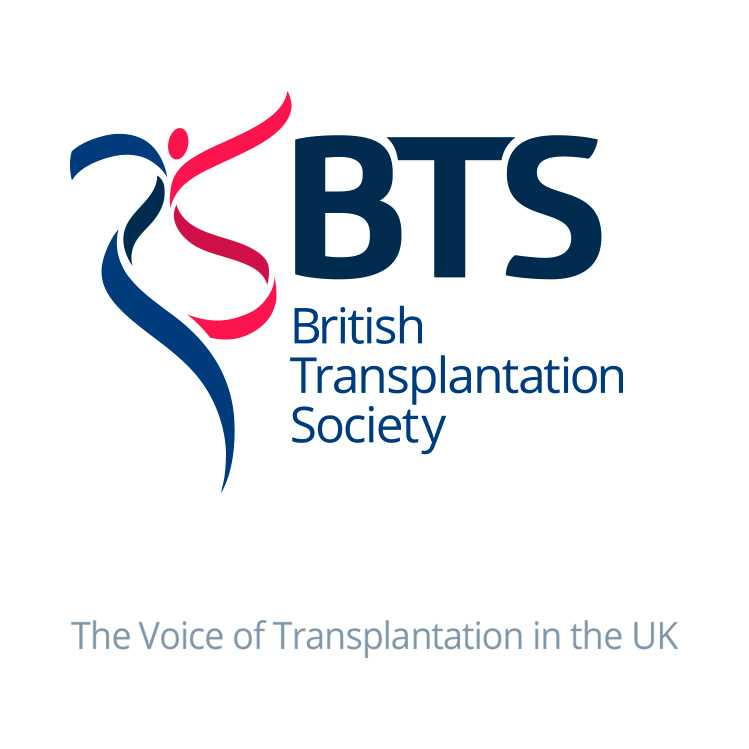As you know, QUOD provides a unique bioresource of deceased donor clinical samples for research to improve donor and organ assessment, increase organ utilisation and transplant longevity; thereby saving more patients in need of a transplant.
In addition to biobanking, QUOD has also introduced a wider vision of collaborative research with both scientists and clinicians to accelerate research progress in organ donation and transplantation. So, QUOD has put the foundations to establish a scientific platform to include complementary cross-cutting scientific technologies across all donor organs. This vision includes the application of high-sensitive technologies such as proteomics, transcriptomics, imaging and machine learning applied to pancreas, kidney, liver, heart and lungs. Access to whole organs will also provide new exciting possibilities such as mapping the different cell populations of each organ to create cell atlases to better understand organ physiology.
QUOD is a bioresource open to any researcher with a high-quality scientific proposal. To reach all the researchers who might be interested in receiving QUOD samples we have taken steps to increase the visibility of QUOD. We are building valuable relationships with a number of UK funding charities; including Kidney Research UK, Diabetes UK, Diabetes Research and Wellness Foundation, The British Heart Foundation, The Cystic Fibrosis Trust and Juvenile Diabetes Research Foundation, Kidney Research UK and Diabetes UK, in particular, have been invaluable partners and we are grateful for their participation in the Steering Committee. Both charities now showcase QUOD on their websites and have invited QUOD presentations to their clinical study groups and relevant research networks.

In 2019, The British Transplantation Society (BTS) has started an initiative to create a nationawide Research Network. The aim is to create a UK multi-disciplinary collaboration between patients, scientists, clinicians and other stakeholders, to optimise organ donation and utilisation, and improve outcomes for transplant patients. As QUOD is a national infrastructure to service research in donation and transplantation, we have offered our support and the option to integrate in the BTS Network hopefully providing a robust pilar for researchers to go to when needed. In addition to individual or collaborative research projects, QUOD is also able to adjust its sampling policies according to new developments in the field of transplantation, e.g. when we started to collect NRP samples upon request, or when clinical trials require this. As the basic infrastructure is already in place, project related additions are feasible if national strategy deems this as important.
To reach all transplant professionals with an interest in research we strive to have a presence at all the major transplantation conferences. Having a booth where researchers and clinicians come and talk to us has proven very popular. We have enjoyed speaking to delegates and colleagues who make enquires about QUOD samples. At the British Transplantation Society Congress in Belfast in March, it was great to see so many colleagues who came to talk to us and hear about new developments in QUOD and ongoing research. It also offered us an opportunity to say thank you in person to so many of you for your valuable support.
